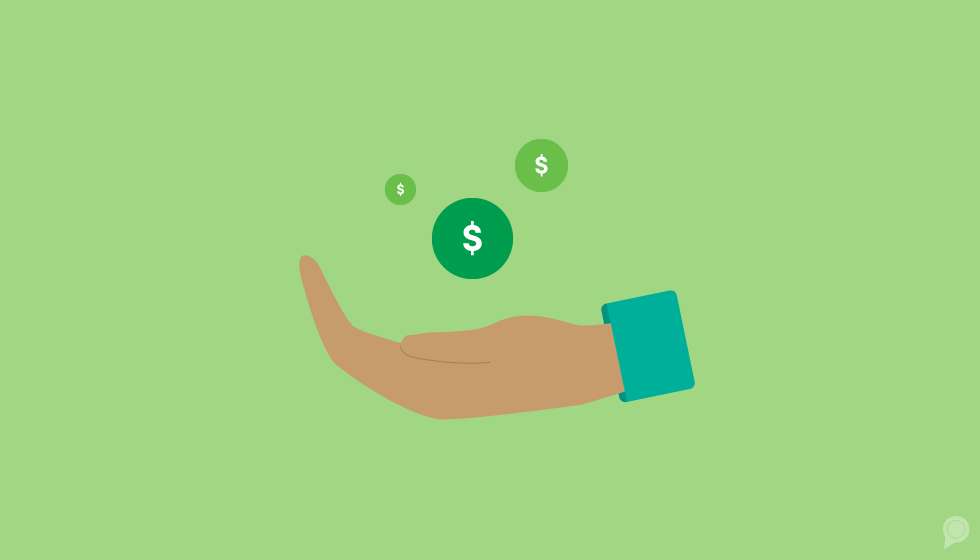

There are a ton of marketing and business buzzwords out there that can confuse the average business owner. The meanings behind them are valid and important for your business, so let's discuss a crucial business buzzword today: Market share.
Before we get into what market share is, let’s first examine the market. This is a critical first step, otherwise, we may be grossly devaluing the business.
How to Define Your Local Market
Your market is your local area where you do business but within the category(ies) of what you do. For example, the market for a Mexican restaurant is the local community who eats at Mexican restaurants. Notice the distinction of Mexican restaurant, not just restaurant.
When you operate within a niche (or otherwise defined market), it is important to determine your market share against the actual market. A Mexican restaurant is not selling burgers, so including burger restaurants in their market calculations would do them a disservice, and not show the actual market share they have.
What Is the Value of Your Market?
Now that we’ve determined how to define your market, let’s talk about the next step in determining your market share: The value of your market.
Simply put, the value of your market is the amount of revenue that is available in your local area to you and your competitors.
For example, if you own a roofing company and there is an average annual revenue in your area of $10 million available to you and your competitors. The market valuation you need to consider when determining your market share is $10 million.
Next, and this is the easy part, is determining how much revenue your business brought in. Let’s use the roofer example. Your roofing company brought in $2.5 million last year.
Now, the final step is the calculation. In a market of $10 million, you have 25 percent of the market share. $2.5 million / $10 million = 25 percent.
How Can You Gain Market Share?
Most businesses are in the position to gain market share, but how do you do that? The simple answer is “acquire more customers!” But that can be difficult.
Not only will you need to invest in marketing, advertising and lead generation, but you’ll also need to invest in infrastructure and your employees. It doesn’t end there, however.
You will need to keep your customers happy and coming back for more (and referring your business to their friends, family and colleagues), and this requires exceptional customer experience. If your customers don’t have a great experience with your business, they are not likely to return to you when the need arises again.
Focusing on your customer experience, and developing unique competitive advantages will do two things:
With great reviews on your side, placements on the right spots of a digital search and a great brand, your marketing will do the work for you to bring new customers in.
By providing a great experience, you give your customers a reason to call you back. They know what to expect and they will develop loyalty to your brand.
It’s very rare that a consumer returns to a business they had a bad experience with. By focusing on these areas, your market share can grow.
What Is a Good Market Share?
But that then begs the question: What is a good market share? Unfortunately, there is no one correct answer. The truth is, your market share is only valuable when you are maintaining profitability.
As you grow, you’ll see your profitability grow (hopefully). But there will come a time when you will be spending more to gain and retain your customers than is necessary.
Keep a close eye on your profit margins. If your margins begin to decrease as you bring in a higher share of revenue, you may have too much market share. The revenue that comes in is only beneficial if you are making a profit.
It’s also important to note that there are additional risks unrelated to pure profit that come with higher market shares.
With too high of a market share, you’ll be vulnerable to changes in consumer behavior and preferences. If consumers no longer see your business as a solution to their problems, they will go somewhere else and you will lose market share.
A high market share also makes you more vulnerable to negative press: Reviews.
As you serve more customers, your chances of one of them having a negative experience increases. When that happens, your public reputation can suffer.
When you are looking to continue acquiring new customers, your reputation is important. When you are striving to keep existing customers, your experience with them matters.
As the saying goes, “the bigger they are, the harder they fall.” A negative impact on your public reputation can drastically decrease your revenue: read; market share.
Final Thoughts
To summarize, your business needs to gain enough market share to keep your business profitable, but not so much where you put yourself at risk.
Make sure your marketing helps you gain new customers at a reasonable cost, and your employees are providing exceptional customer experience.
Want to learn more about market share? Check out our podcast here!
Subscribe to our email list to get the latest digital marketing content delivered to your inbox each week!